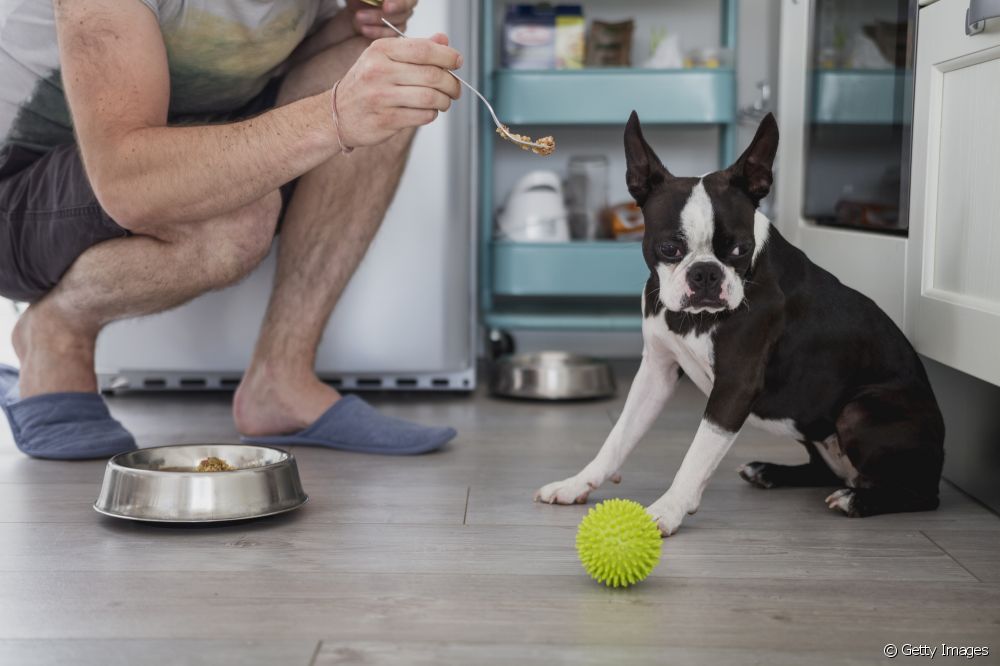Gastritis in dogs: understand how the disease develops in your pet

Table of contents
As with humans, animals can also suffer from some stomach problems, such as gastritis in dogs. This is a more common condition than one might think, especially when it comes to a puppy that does not follow a balanced and healthy diet. Sometimes, even emotional issues or the use of medications can be associated with the onset of the disease. Therefore,it is essential to know how to identify a dog with gastritis and what to do in this situation. To clarify some doubts on the subject, the Paws of the House has put together the key information on gastritis in dogs - check it out!
Gastritis in dogs: learn to identify the first signs of the problem
Gastritis is nothing more than the inflammation of the mucosa lining the stomach, causing a lot of gastrointestinal discomfort in the patient. Therefore, when a puppy is affected by the disease, it is not very difficult to notice. Symptoms of gastritis in dogs are varied, but usually include vomiting, abdominal pain, prostration, lack of appetite, weight loss and diarrhea.
It is important to keep in mind that stomach inflammation greatly impairs the digestive process of dogs, who feel very uncomfortable when eating. Therefore, the dog with gastritis does not want to eat for fear of becoming ill later. But it is also worth paying attention to other symptoms, since lack of appetite is a common situation in several other conditions.

Dog with gastritis: what to eat in these conditions?
As sick dogs have greater difficulty eating, a very common question is how to feed the dog with gastritis. It may seem like a seven-headed bug for those unfamiliar with the situation, but in fact it is very simple: the food for dogs with gastritis should be as natural as possible. Therefore, it is essential that the tutor consult the nutritional tableof the food chosen for the diet of the dog with gastritis, analyzing the ingredients present in its composition and checking that there is nothing that can harm the stomach of your four-legged friend. In case of doubt, the ideal is to consult a veterinarian to know which components should not be part of the food for dogs with gastritis.
See how to treat gastritis in dogs and what to do to prevent the disease
Have you noticed one or more symptoms of gastritis in a dog? The best option is to take him for a consultation with a professional. Only then will it be possible to arrive at the correct diagnosis, which must be carried out through some tests, such as endoscopy. With the confirmation of gastritis in the dog, the veterinarian can indicate which is the most appropriate treatment for your four-legged friend, which can berange from the use of specific medications to dietary changes in your dog's routine. Some owners also tend to look for types of natural remedies for gastritis in dogs, and there are even possible alternatives, such as adding pumpkin or roasted beets to the animal's diet. But don't do everything on your own, huh? Remember to always talk to your dog's doctor.pet to make sure there is no risk of any problems occurring later.
See_also: Pitbulls shed a lot of hair - find out how to care for the dog breed's coat

